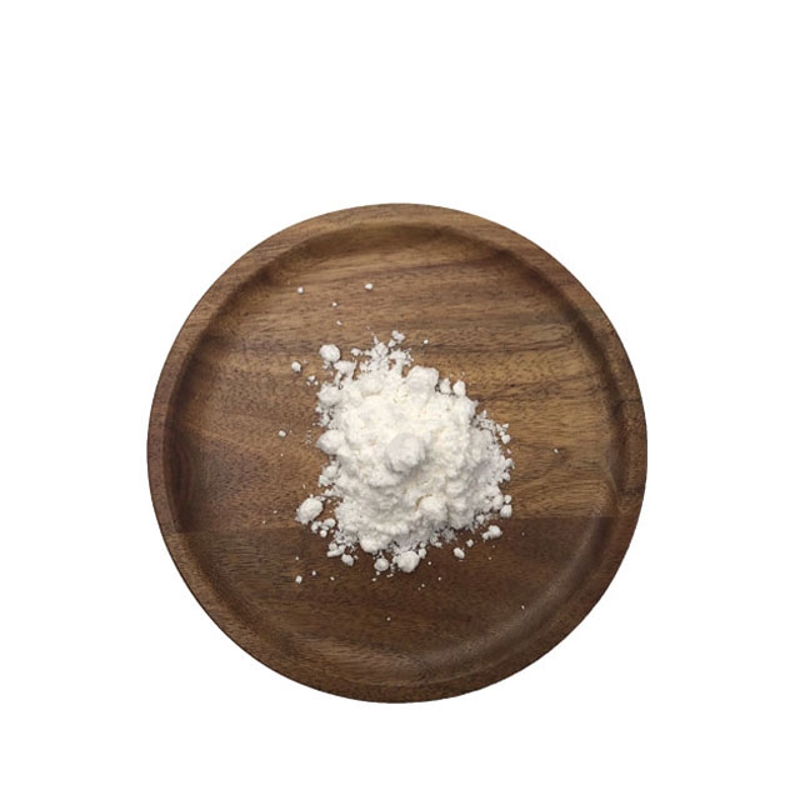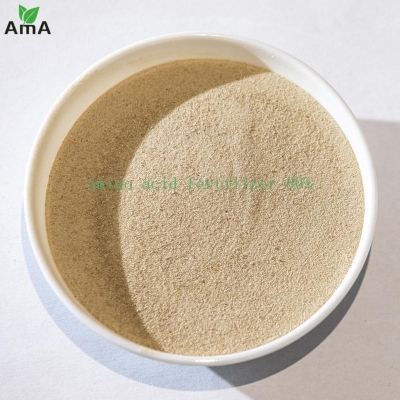-
Categories
-
Pharmaceutical Intermediates
-
Active Pharmaceutical Ingredients
-
Food Additives
- Industrial Coatings
- Agrochemicals
- Dyes and Pigments
- Surfactant
- Flavors and Fragrances
- Chemical Reagents
- Catalyst and Auxiliary
- Natural Products
- Inorganic Chemistry
-
Organic Chemistry
-
Biochemical Engineering
- Analytical Chemistry
- Cosmetic Ingredient
-
Pharmaceutical Intermediates
Promotion
ECHEMI Mall
Wholesale
Weekly Price
Exhibition
News
-
Trade Service
What Doesn't Kill You Makes You Stronger.
What Doesn't Kill You Makes You Stronger.
Yaodu took stock of the current research and development/approval of small molecule antiviral drugs and new coronavirus neutralizing antibodies , and shared them with you
Antiviral drug new coronavirus neutralizing antibody
PART.
PART.
1.
2.
Molnupiravir
Molnupiravir was originally discovered by Emory University and Georgia State University.
Molnupiravir is more effective than remdesivir in clinical trials, and inhibits SARS-CoV-2 replication by 3-10 times in vitro, but the price is too high, the United States is $700 for a course of treatment, just on January 4th, India Pharmaceutical company DrReddy's Laboratories Ltd has announced that it will launch a generic version of Merck & Co's (MRK.
3.
Nirmatrelvir/Ritonavir (Paxlovid)
Nirmatrelvir/Ritonavir is a compound preparation developed by Pfizer, consisting of 2 tablets of Nirmatrelvir (PF-07321332) and 1 tablet of ritonavir, with the trade name Paxlovid
The basis for the U.
More small molecule anti-new coronavirus drugs are shown in the table below:
(Picture source Yaodu data)
PART.
PART.
Bamlanivimab/Etesevimab
Bamlanivimab is a potent, neutralizing IgG1 monoclonal antibody against the SARS-CoV-2 spike protein, code-named LY-CoV555, which was obtained by Eli Lilly and Canadian company AbCellera on March 12, 2020
The U.
2.
Sotrovimab
Sotrovimab is a novel coronavirus neutralizing antibody, a recombinant human immunoglobulin that binds to a highly conserved epitope on the receptor binding domain (RBD) of the novel coronavirus spike protein (S), using Xencor's Xtend™ Fc Technology to increase lung bioavailability, developed by VirBiotechnology in partnership with GlaxoSmithKline
.
Emergency Use Authorization granted in the U.
S.
on May 26, 2021, provisional approval by the Therapeutic Goods Administration (TGA) in Australia on August 26, 2021, EU approval on December 17, 2021, and approved in Canada, Egypt, Italy, South Korea , Brazil, Kuwait, Qatar, Singapore and the United Arab Emirates were granted provisional authorization
.
The approval of sotrovimab was based on a review of the interim analysis of Phase 1/2/3 data from the COMET-ICE clinical trial (NCT04545060), a randomized, double-blind, placebo-controlled clinical trial with an all-cause hospitalization at Day 29 of more than The 24-hour or any-cause relative mortality (adjusted) was significantly reduced by 79% [95% CI (50%-91%)] compared with placebo, meeting the trial's primary endpoint [2]
.
In March 2021, Vir and GSK jointly announced that, based on positive interim analysis results, the Independent Data Monitoring Committee (IDMC) recommended early termination of the Phase III clinical trial
.
Ongoing evaluation of sotrovimab shows that it retains activity against currently circulating SARS-CoV-2 viruses and various variants (including: Alpha (B.
1.
1.
7), Beta (B.
1.
351), Delta (B.
1.
617.
2), Epsilon (B.
1.
427/B.
1.
429), Gamma (P.
1), Iota (B.
1.
526), Kappa (B.
1.
617.
1) and Lambda (C.
37), and from Bristol (B.
1.
1.
7+E484K) and a new variant in Cameroon (B.
1.
619))
.
03.
Ambavirumab/Romisevirumab
Ambavirumab/romisevirumab (BRII-196/BRII-198) was jointly developed by Tsingsheng Boyao, Tsinghua University and Shenzhen Third People's Hospital
.
On December 8, 2021, it was officially approved by the National Medical Products Administration (NMPA) for the treatment of adults and adolescents (12-17 years old, 12-17 years old, with high risk factors for progression to severe disease, including hospitalization or death) with mild and common forms.
Patients with novel coronavirus infection (COVID-19) with body weight ≥ 40kg
.
Among them, adolescents (12-17 years old, weight ≥ 40kg) are subject to conditional approval.
There is no clinical trial data, and the efficacy and safety are yet to be further confirmed
.
After a detailed analysis of the binding ability and binding region of many human-specific monoclonal antibodies to 2019-nCoV, a pair of neutralizing antibodies with the highest activity and strong complementarity were identified, which are ambavirumab/romi Selvizumab's predecessor P2C-1F11/P2B-1G5, in which P2C-1F11 binds to the S protein on the new coronavirus, which will promote the rapid detachment of the S1 part from the new coronavirus, thus preventing the new coronavirus from entering the cell interior
.
Using Tengsheng Huachuang antibody transformation technology, YTE (M252Y/S254T/T256E [YTE]) was transformed in the Fc segment of P2C-1F11/P2B-1G5, thereby extending the half-life from 21 days to 46-76 days
.
Ambavirumab/romisevirumab was approved based on a global multicenter, randomized, double-blind Phase 2/3 clinical study ACTIV-2.
On August 25, 2021, Tengsheng Biopharma released interim analysis data showing that , compared with the placebo group, the ambivirumab/romisevirumab treatment group had a 78% reduction in the risk of hospitalization and death (P value < 0.
00001); Phase III final analysis data released on December 5 showed that , the risk of hospitalization and death was reduced by 80% (P value < 0.
00001) in the ambivirumab/romisevirumab treatment group, and there were no deaths in the treatment group during the 28-day treatment period, while placebo There were 9 deaths in the group
.
More new coronavirus neutralizing antibody drugs are shown in the table below:
(Picture source Yaodu data)







